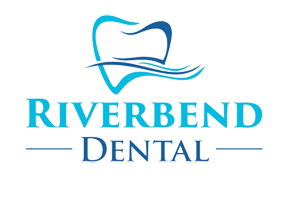Your smile is one of your most valuable assets, and preventive dentistry plays a crucial role in safeguarding it against decay, disease, and discoloration. In this blog, we’ll explore ten practical tips recommended by dental experts to help you establish effective oral hygiene habits, prevent common dental problems, and prolong the longevity of your teeth and gums. Whether you’re looking to prevent cavities, maintain fresh breath, or achieve a brighter smile, these essential tips will empower you to take proactive steps towards protecting your pearly whites and enjoying a lifetime of dental wellness.
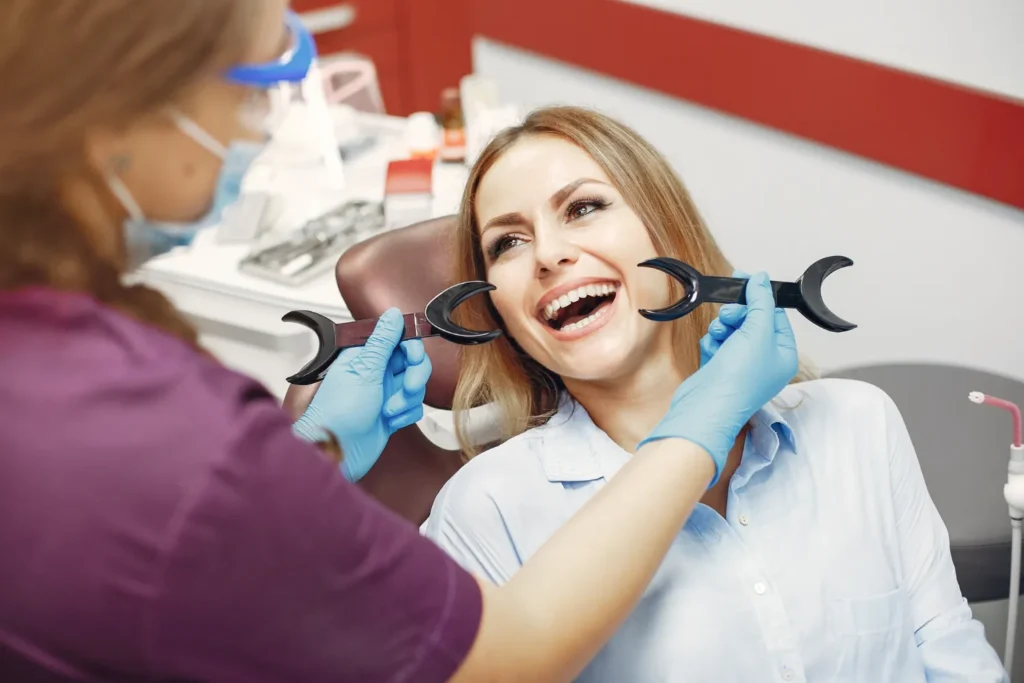
Maintaining optimal oral health is not just about brushing your teeth; it’s about integrating comprehensive care practices into your daily routine. Join us on this journey to prioritize preventive dentistry and invest in the health and beauty of your smile.
Tip 1: Brushing Techniques for Effective Plaque Removal
Effective plaque removal starts with mastering the right brushing techniques. To thoroughly clean all surfaces of your teeth, hold your brush at a 45-degree angle to your gums. This position allows the bristles to reach the plaque that accumulates at the gumline. Use gentle, circular motions rather than harsh back-and-forth strokes to avoid damaging your gums and enamel.
Focus on brushing each section of your mouth – the outer surfaces, the inner surfaces, and the chewing surfaces of your teeth – for at least 30 seconds each, ensuring a total brushing time of two minutes. Don’t forget the often-neglected areas, such as the back molars and the tongue’s surface, which can harbor bacteria responsible for bad breath.
Tip 2: Flossing Daily for Gum Health
Flossing daily plays an indispensable role in maintaining gum health and preventing periodontal disease. This simple yet effective practice removes plaque and food particles lodged between teeth and along the gumline—areas your toothbrush can’t always reach. By incorporating flossing into your daily oral hygiene routine, you significantly reduce your risk of developing gingivitis, the early stage of gum disease. It’s important to use a gentle sawing motion to bring the floss completely down to the gum line before carving it against one tooth.
Slide it gently under the gumline and along the side of each tooth to ensure thorough cleaning. Whether you prefer traditional string floss, floss picks, or water flossers, the key is consistency.
Tip 3: Eating a Balanced Diet for Dental Health
A balanced diet not only contributes to overall health but also plays a significant role in dental wellness. Consuming a variety of nutrients from fruits, vegetables, lean proteins, whole grains, and dairy helps to strengthen teeth and gums from the inside out. Foods rich in calcium and phosphorus, such as cheese, milk, nuts, and lean meats, can help to remineralize tooth enamel, offering a natural defense against decay. Vitamin C, found in citrus fruits and vegetables, is vital for gum health, aiding in the prevention of gingivitis.
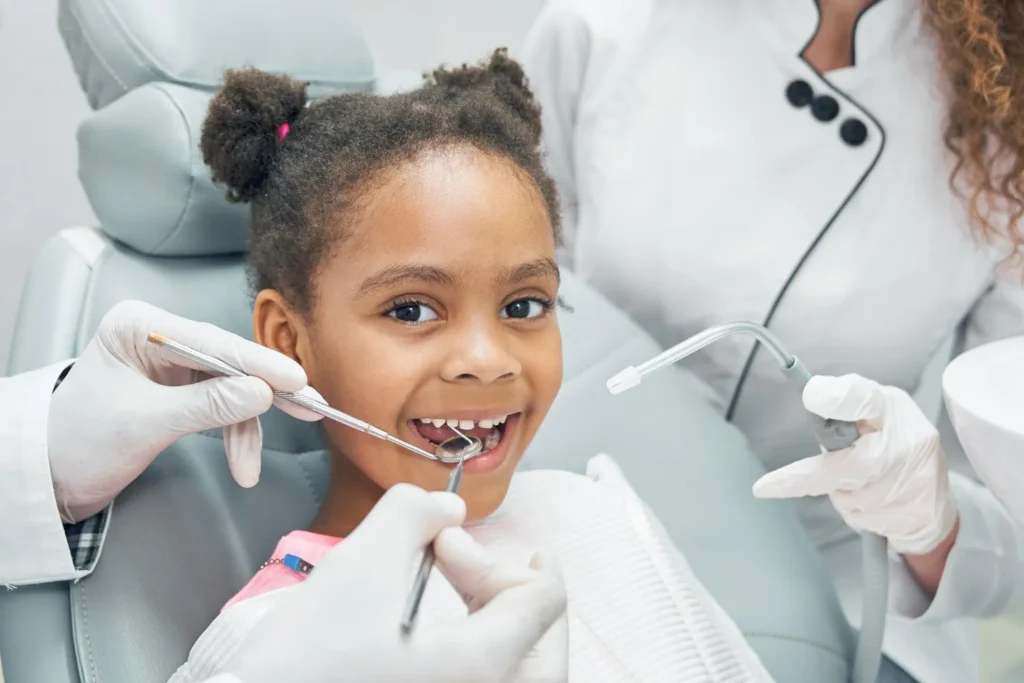
Crunchy fruits and vegetables like apples, carrots, and celery stimulate saliva production, which helps to cleanse the mouth and neutralize harmful acids. Additionally, it’s important to stay hydrated with water throughout the day to support saliva production and rinse away food particles and bacteria.
Tip 4: Limiting Sugary and Acidic Foods and Beverages
To protect your dental health, it’s essential to minimize the intake of sugary and acidic foods and beverages. These substances are notorious for their role in eroding tooth enamel and fostering cavity formation. When sugar is consumed, it interacts with bacteria in the mouth to produce acid, which attacks the enamel. Similarly, acidic foods and drinks, such as sodas, citrus fruits, and certain teas, can directly weaken the enamel. Instead of reaching for a sugary snack or acidic drink, consider healthier alternatives like water, milk, or unsweetened tea.
Incorporating crunchy vegetables and cheese can also help neutralize acids and promote saliva production, which aids in protecting the enamel. By consciously choosing what you consume, you can significantly reduce the risk of tooth decay and ensure your teeth remain strong and healthy.
Tip 5: Regular Dental Checkups and Cleanings
Adhering to a schedule of regular dental checkups and cleanings is a cornerstone of preventive dentistry. These appointments allow dental professionals to conduct comprehensive exams and professional cleanings that home brushing and flossing alone cannot achieve. During a cleaning, tartar and plaque buildup are meticulously removed from teeth surfaces, spaces between teeth, and along the gumline, areas often missed during daily oral care routines.
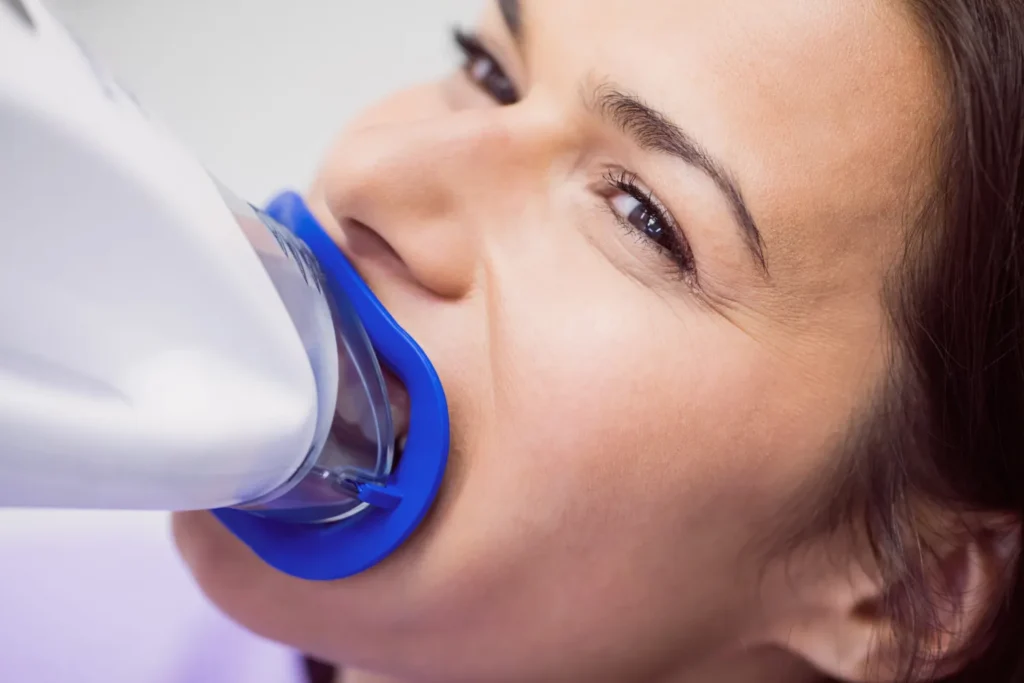
Additionally, these visits enable dentists to utilize diagnostic tools, such as x-rays, to uncover hidden issues that may not yet be visible or cause symptoms. This proactive approach facilitates the early treatment of problems, reducing the risk of complications and the need for more invasive procedures in the future.
Tip 6: Using Fluoride for Strengthening Tooth Enamel
Fluoride is a natural mineral that has been proven to fortify tooth enamel and prevent the development of cavities. Its role in oral health is critical, as it not only repairs minor tooth enamel erosion but also makes teeth more resistant to future decay. The application of fluoride can be achieved through various means, including drinking fluoridated water, using fluoride toothpaste, and receiving professional fluoride treatments from your dentist.
For optimal protection, it’s advisable to incorporate fluoride into your daily oral hygiene routine. Adults and children alike can benefit from fluoride use, as it supports maintaining strong and healthy teeth throughout one’s life. However, it’s important to use fluoride products according to recommendations to avoid overexposure, which can lead to dental fluorosis in young children.
Tip 7: Say No to Tobacco
Tobacco use poses a significant threat to oral health, directly contributing to an array of dental issues, including the heightened risk of developing gum disease, experiencing tooth loss, and facing the onset of oral cancer. Beyond its more severe impacts, tobacco also leaves behind aesthetic consequences, such as staining teeth and causing persistent bad breath.
Whether it’s smoking cigarettes or using smokeless tobacco products, the adverse effects on your dental well-being are substantial. Taking the step to quit tobacco not only elevates your oral health status but also improves your overall health. For those struggling to leave tobacco behind, a multitude of resources and support systems are available.
Tips 8: Protect Your Teeth During Sports
Engaging in sports and recreational activities adds a vibrant layer to life but also introduces risks to your oral health. Accidental impacts can result in dental injuries, from chipped or broken teeth to more severe trauma. To mitigate these risks, wearing a mouthguard is an essential precaution. While over-the-counter mouthguards offer a level of protection, investing in a custom-fitted mouthguard from your dentist can provide superior comfort and safety.
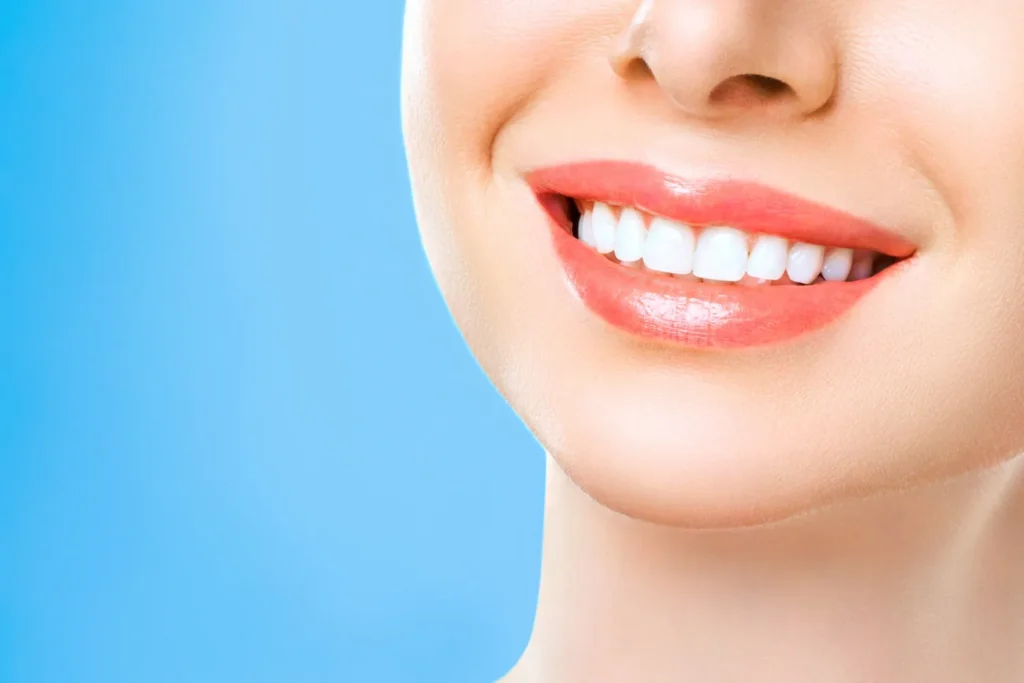
This personalized protective gear is designed to fit the unique contours of your mouth, ensuring that your teeth are adequately shielded during physical activity. Don’t let the fear of dental injuries sideline you. By taking this proactive step, you can focus on the game and enjoy your favorite sports, knowing your smile is well protected.
Tip 9: Managing Stress for Oral Health Benefits
Stress can have a profound impact on your oral health, manifesting in conditions such as teeth grinding (bruxism) and contributing to the development of gum disease. Chronic stress weakens the immune system, making it harder for your body to fight off infections, including those that occur in the mouth. To mitigate these adverse effects, adopting stress management techniques is crucial.
Practices such as regular physical exercise, mindfulness meditation, deep breathing exercises, and engaging in hobbies or activities that relax and divert your mind can significantly reduce stress levels. Additionally, seeking professional help or counseling can be beneficial for those dealing with high levels of stress.
Tip 10: Educate Yourself on Oral Health
Knowledge is power, especially when it comes to maintaining the health of your teeth and gums. Leveraging educational resources from reliable dental health professionals can greatly enhance your understanding of effective oral care practices. Delve into the wealth of information available through trusted dental websites, insightful brochures, and interactive workshops. These resources can demystify the complexities of oral health, offering clear guidance on everything from the latest in preventive dentistry to innovative care techniques.
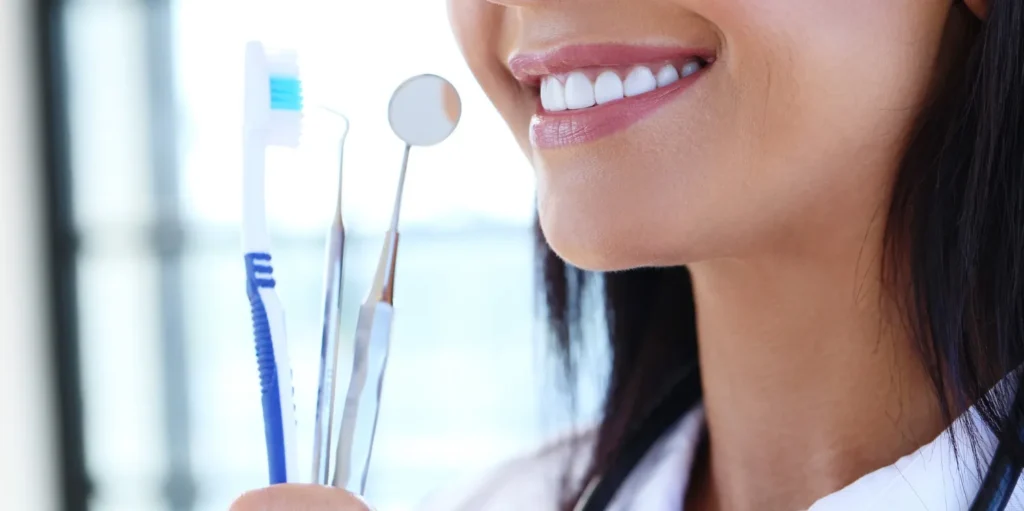
Furthermore, familiarizing yourself with the symptoms of common dental conditions ensures you’re well-prepared to take action should any issues arise. Engaging actively in your dental education not only enriches your oral hygiene regimen but also reinforces your commitment to a lifetime of dental wellness.
Conclusion
Incorporating these tips into your daily routine can significantly enhance your oral health, but the journey doesn’t end there. A visit to Riverbend Dental for regular check-ups and cleanings is the cornerstone of maintaining optimal oral wellness. Our experienced team is dedicated to providing personalized care that meets your unique needs, ensuring your smile remains bright and healthy. Let Riverbend Dental be your partner in achieving and preserving the beauty of your pearly whites. Schedule your appointment today and take a vital step toward lifelong dental health.
